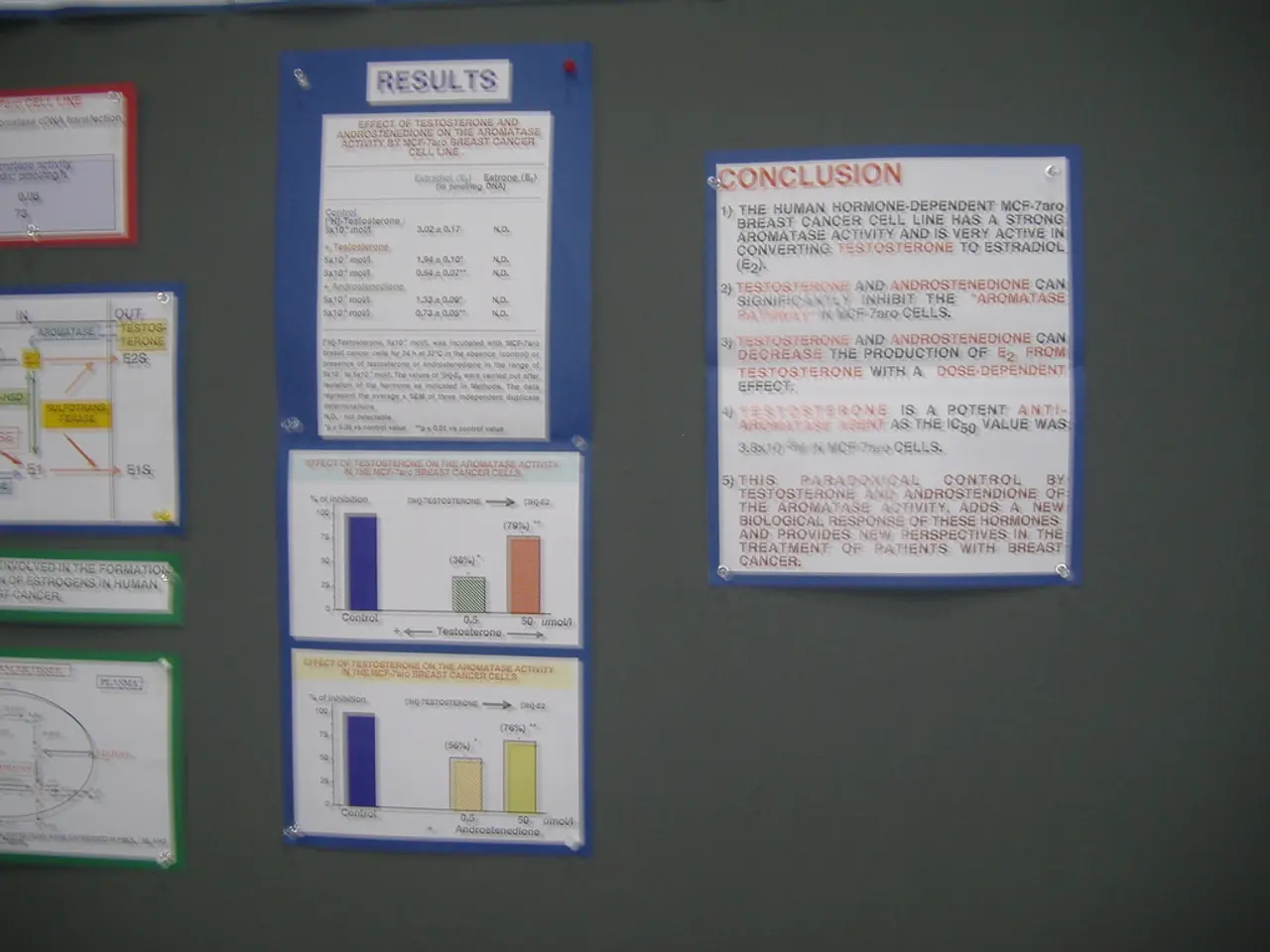Update on Environmental, Social, and Governance Knowledge | July 2025
EU and UK Make Progress on Sustainability Reporting and Due Diligence Directives
The European Union (EU) and the United Kingdom (UK) are making significant strides in the realm of corporate sustainability reporting and due diligence. Here's a roundup of the latest developments:
EU's Omnibus Simplification Package
The EU Council has agreed on its negotiating mandate for an omnibus simplification package covering both the Corporate Sustainability Reporting Directive (CSRD) and Corporate Sustainability Due Diligence Directive (CSDDD). The Council is proposing to increase the employee threshold for CSRD to 1,000 employees and remove listed Small and Medium Enterprises (SMEs), and introduces a net turnover threshold of at least €450 million. Regarding CSDDD, the Council sets a single threshold for applicability: 5,000 employees and €1.5 billion net worldwide turnover for EU-incorporated companies, and €1.5 billion net turnover for non-EU-incorporated companies [1].
CSRD and CSDDD Application Timelines
The first wave of companies began applying CSRD for the 2024 financial year, with reporting starting in 2025. Subsequent companies will report according to the revised, postponed timelines, thanks to a "stop-the-clock" Directive that delays reporting obligations for companies initially set to report in 2025 and 2026, effectively postponing waves two and three to later years [2][4].
UK Sustainability Reporting Standards
The UK government has published a consultation seeking views on UK Sustainability Reporting Standards (UK SRS) S1 and UK S2, based on the International Sustainability Standards Board (ISSB) standards [5].
Climate Transition Plans
The IFRS Foundation published new guidance on 23 June on disclosures about climate transition plans [6]. Meanwhile, the UK government has published a consultation on introducing climate-related transition plan requirements [7].
Sustainable Batteries Regulation
The European Parliament has approved the Commission's proposal to delay due diligence requirements under the Sustainable Batteries Regulation from 2025 to 2027 [8].
Green Claims Directive
The status of the EU's Green Claims Directive is uncertain following the cancellation of a meeting scheduled for 23 June [9].
Other Developments
- The Commission has adopted a regulation to simplify the application of the Taxonomy Regulation, which is expected to apply from 1 January 2026 [10].
- The Commission has issued a call for evidence on extending the scope of the EU's carbon border adjustment mechanism (EU CBAM) to certain steel and aluminium-intensive downstream products and adding further anti-circumvention measures to the regime [11].
- The UK government aims to implement disclosure requirements against UK SRS for companies not regulated by the Financial Conduct Authority (FCA) [12].
- The Department for Environment, Food and Rural Affairs has announced that biodiversity net gain for nationally significant infrastructure projects will be delayed from November 2025 to May 2026 [13].
- The application of the CSDDD has been postponed by one year to 26 July 2028 [14].
- The European Securities and Markets Authority (ESMA) has published a thematic note on clear, fair, and not misleading sustainability-related claims by market participants [15].
- The ISSB published exposure drafts on 3 July of proposed amendments to the Sustainability Accounting Standards Board (SASB) materials [16].
- The European Banking Authority has published a consultation to revise its guidelines on product oversight and governance arrangements for retail banking products to take into account products with ESG features and greenwashing risks [17].
- The National Audit Office published a report on the functioning of the UK Emissions Trading Scheme (UK ETS), finding that the relatively low price of carbon under the UK ETS may not sufficiently incentivise participants to invest in low carbon technologies [18].
- Consumer body Which? published research finding that greenwashing is widespread and compliance with the UK's Competition and Markets Authority’s Green Claims Code is low [19].
- The Financial Reporting Council has published its revised UK Stewardship Code 2026, which aims to reduce the reporting burden on signatories [20].
As the EU and UK continue to make progress on sustainability reporting and due diligence, stakeholders can expect further developments in the coming months, with final agreements and national transpositions likely by 2026 [1][2][4].
The EU's advancements in corporate sustainability reporting and due diligence extend to various aspects of business and science, such as the introduction of the CSDDD with a proposed threshold of 5,000 employees and €1.5 billion net worldwide turnover [1]. In the realm of education and self-development, the UK government has published a consultation on UK Sustainability Reporting Standards, aligning with the International Sustainability Standards Board standards [5]. Furthermore, the realm of technology is not excluded, as the IFRS Foundation released new guidance on 23 June regarding disclosures about climate transition plans [6].




